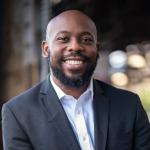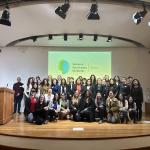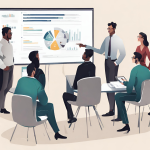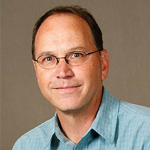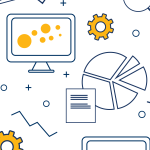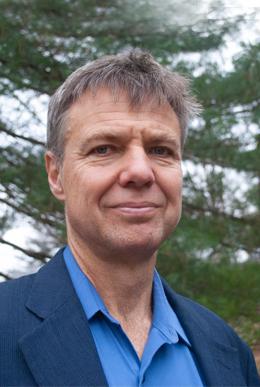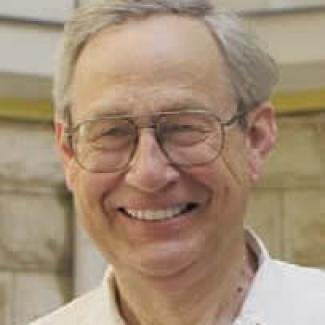“Living Document”: from Mimesis to Indexicality, from Documentation to Documentality
Ron Day
My discussion will explore the concept of the “living document” as it was understood in the mid-twentieth century as the problem of joining knowledge and experience, science and literature. It will focus on documents as representation versus documents as what various authors have called documentality or philosopher Barry Smith has called “document acts.”
In this context I will attempt to articulate documents as strongly fixed and strongly causal indexical, rather than representational, signs, which move agents from one point to another, physically or logically, epistemically within chains of what Latour has called “information.”
Starting in Fall 2020, participants must have a Zoom account and be logged in. Sign up for your free account here.
If this is your first time using Zoom, please allow a few extra minutes to download and install the browser plugin or mobile app.
Ronald E. Day is a professor and chair of the Department of Information and Library Science in the School of Informatics and Computing at Indiana University in Bloomington, Indiana. He researches the philosophy, history, politics, and culture of information, documentation, knowledge, and communication in the 20th and 21st centuries in the U.S. and Western Europe and in the discipline of Library and Information Science.
He is the author or editor of several books: Documentarity: Evidence, Ontology, and Inscritption (2019); Indexing it All: The Subject in the Age of Documentation, Information, and Data (2014), which won the ASIST Book of the Year Award; The Modern Invention of Information: Discourse, History, and Power (2001); co-translator and editor into English of the mid-twentieth century French documentalist Suzanne Briet's book, What is Documentation? (2006); and co-editor with Claire McInerney of the collection, Rethinking Knowledge Management: From Knowledge Objects to Knowledge Processes (2007).
Contact
If you have questions about this event, please contact Michael Buckland.



